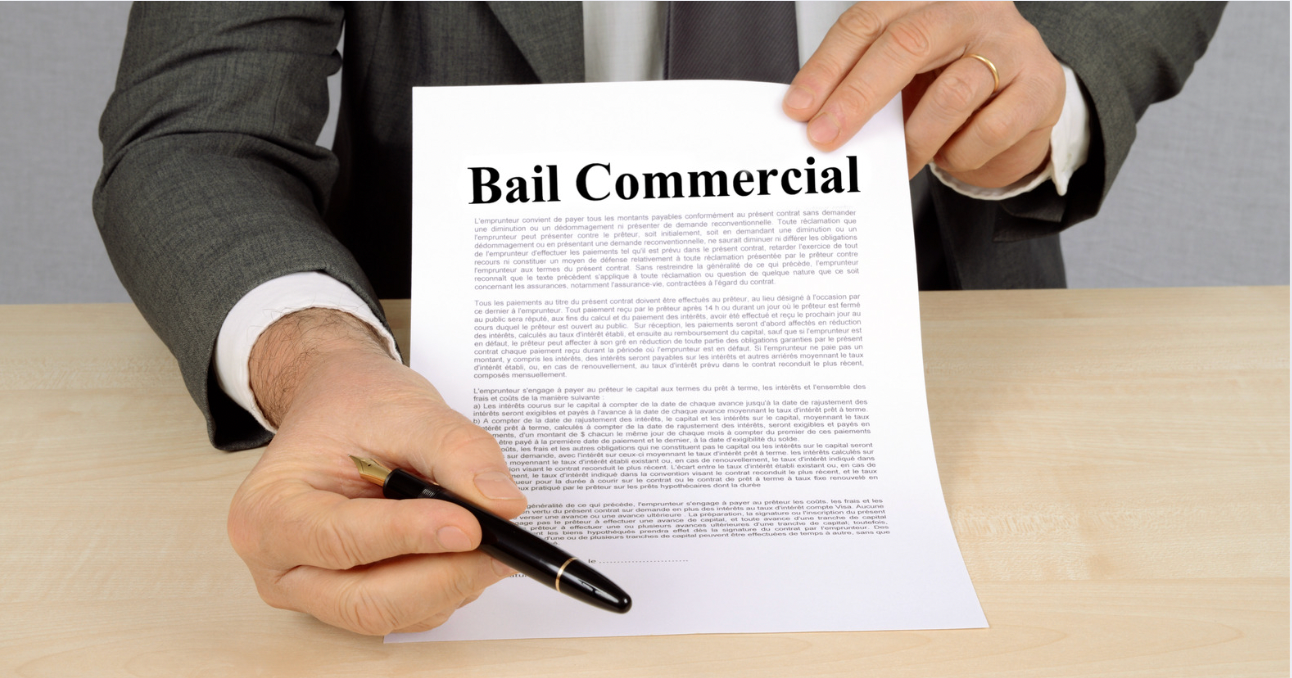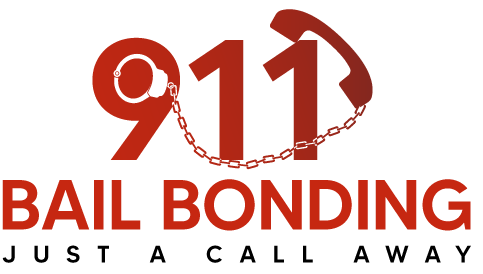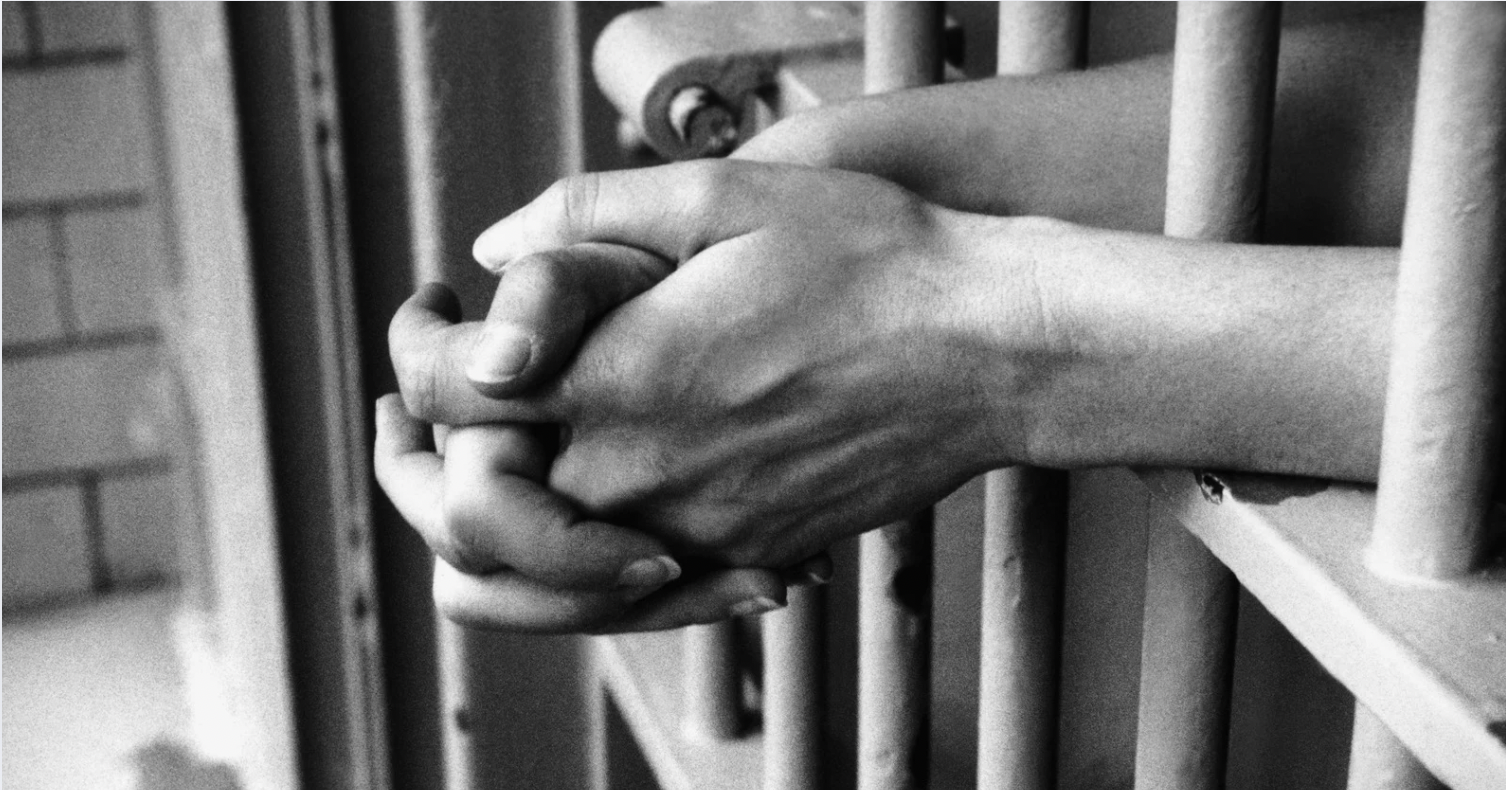Is Connecticut a No Bail State?
If you’re wondering whether Connecticut is a “no bail” state, the answer is no—Connecticut is not a no-bail state. Like most states, Connecticut has a structured bail system in place to allow individuals charged with a crime to secure their release from jail while awaiting trial. However, recent reforms in the state's bail system have made significant changes, especially in how bail is determined and who qualifies for it.
How Bail Works in Connecticut
In Connecticut, when someone is arrested, a judge typically sets a bail amount based on several factors. These can include the severity of the crime, the defendant's criminal history, their ties to the community, and the risk of flight (whether the person is likely to skip their court appearance). The idea behind bail is to ensure that defendants return for their scheduled court dates while allowing them to remain out of jail in the meantime.
Bail can be paid in a few ways:
- Cash Bail: The full amount of bail is paid in cash to the court, and once the defendant complies with all court appearances, this amount is returned.
- Surety Bond: This is where a bail bond company, like 911 Bail Bonds, comes into play. A bail bond allows the defendant to pay a percentage of the total bail amount (usually around 10%) to secure their release. The bondsman will cover the rest of the bail, with the agreement that the defendant will attend all court appearances.
- Release on Recognizance (ROR): In some cases, especially for low-level, non-violent offenses, a judge may allow the defendant to be released without paying bail, as long as they promise to return to court.
Connecticut's Bail Reforms
While Connecticut is not a no-bail state, there have been significant bail reforms aimed at reducing the burden on low-income individuals. In particular, recent laws ensure that people charged with low-level, non-violent crimes aren’t kept in jail simply because they can’t afford bail. The goal of these reforms is to reduce overcrowding in jails and prevent the unnecessary detention of individuals who pose no risk to the community but lack financial resources.
However, for more serious crimes, or when there’s a concern that the defendant may not return to court, bail will likely still be required, and that's where bail bonds services are critical.
Need Help with Bail in Connecticut? Contact 911 Bail Bonding Today!
If you or a loved one is facing a situation where bail is required, don’t navigate it alone. 911 Bail Bonding
is here to provide fast, reliable assistance whenever you need it. Our experienced team is available 24/7 to answer your questions, guide you through the process, and help secure your release.
Contact us today to get the help you need and make the bail process as stress-free as possible!








GET FAST BAIL TODAY
To connect with an agent now, call us at (800) 922-4573 or complete the form below.
Contact Us
We will get back to you as soon as possible.
Please try again later.
Our Services
Quick Links
Contact Us
911 Bail Bonding
New Haven: 142 Temple St # 101, New Haven, CT 06501
Vernon: 13 Park St Suite #5, Rockville, CT 06066
Ashford: 211 Nott Highway Ashford, CT 06278
All Rights Reserved | 911 Bail Bonding, LLC


